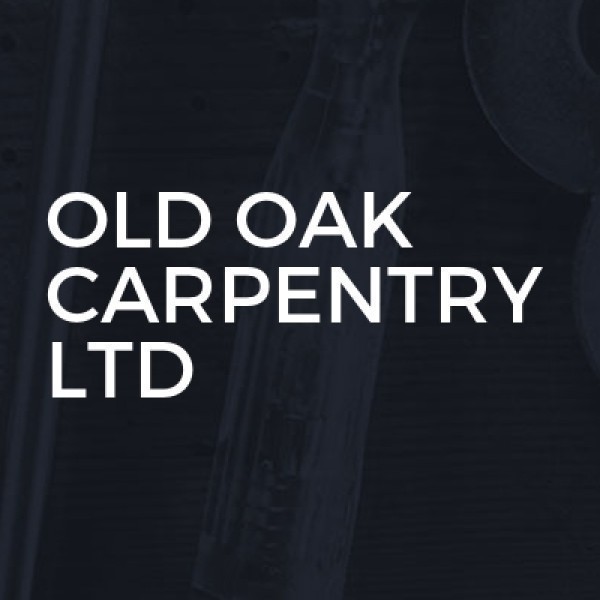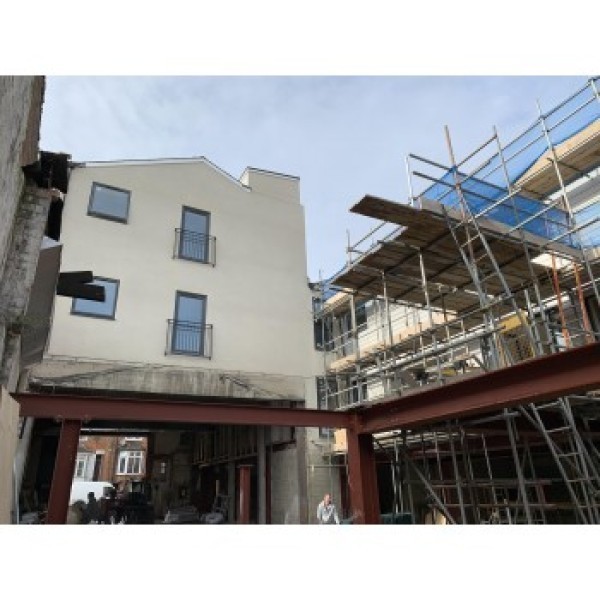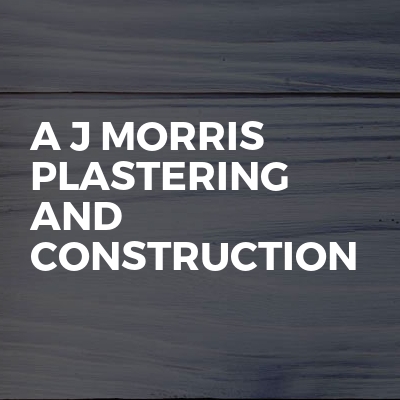Understanding Loft Conversions in Alton
Loft conversions in Alton have become a popular choice for homeowners looking to maximise their living space without the hassle of moving. With the charm of Alton's historic architecture and the growing need for additional space, converting a loft can be an ideal solution. This article explores the ins and outs of loft conversions, offering insights into the process, benefits, and considerations specific to Alton.
The Appeal of Loft Conversions
Loft conversions offer a unique opportunity to transform underutilised attic space into functional living areas. Whether it's an extra bedroom, a home office, or a playroom, the possibilities are endless. In Alton, where property prices can be steep, a loft conversion is a cost-effective way to increase your home's value and usability.
Benefits of Loft Conversions
- Increased Property Value: A well-executed loft conversion can significantly boost your home's market value.
- Additional Living Space: Gain extra room without altering the footprint of your home.
- Customisation: Tailor the space to meet your specific needs and style preferences.
- Energy Efficiency: Modern conversions often include improved insulation, reducing energy costs.
Types of Loft Conversions
There are several types of loft conversions to consider, each with its own set of advantages and requirements. Understanding these options can help you choose the best fit for your home in Alton.
Dormer Loft Conversion
A dormer loft conversion is one of the most common types, involving an extension that projects vertically from the existing roof slope. This option provides additional headroom and floor space, making it ideal for creating a spacious and functional area.
Mansard Loft Conversion
Mansard conversions involve altering the structure of the roof to create a flat roof with a steep back wall. This type of conversion is often used in terraced houses and offers maximum space, though it typically requires planning permission.
Hip to Gable Loft Conversion
For homes with a hipped roof, a hip to gable conversion extends the sloping side of the roof to create a vertical wall. This option is perfect for semi-detached or detached houses and provides ample space for a new room.
Velux Loft Conversion
Also known as a roof light conversion, this is the simplest and most cost-effective option. It involves installing windows into the existing roofline without altering the structure, making it suitable for lofts with sufficient headroom.
Planning Permission and Building Regulations
Before embarking on a loft conversion in Alton, it's crucial to understand the planning permission and building regulations involved. While some conversions fall under permitted development rights, others may require formal approval.
When is Planning Permission Required?
Planning permission is typically required if the conversion involves altering the roof structure or exceeds certain size limits. It's advisable to consult with the local planning authority to ensure compliance with all regulations.
Building Regulations Compliance
Regardless of planning permission, all loft conversions must adhere to building regulations. These standards ensure the safety and structural integrity of the conversion, covering aspects such as fire safety, insulation, and staircases.
Choosing the Right Contractor
Selecting a reputable contractor is essential for a successful loft conversion. In Alton, there are numerous experienced professionals who specialise in loft conversions, offering a range of services from design to completion.
What to Look for in a Contractor
- Experience: Choose a contractor with a proven track record in loft conversions.
- References: Request references and view previous projects to assess quality.
- Accreditation: Ensure the contractor is accredited by relevant industry bodies.
- Transparent Pricing: Obtain detailed quotes and ensure there are no hidden costs.
Design Considerations for Loft Conversions
Design plays a crucial role in the success of a loft conversion. From layout to lighting, every element should be carefully planned to create a space that is both functional and aesthetically pleasing.
Maximising Space and Light
Consider incorporating skylights or dormer windows to enhance natural light. Clever storage solutions, such as built-in wardrobes or shelving, can help maximise the available space.
Choosing the Right Materials
Select materials that complement the existing style of your home while providing durability and comfort. Sustainable options, such as reclaimed wood or eco-friendly insulation, can also be considered.
Cost of Loft Conversions in Alton
The cost of a loft conversion can vary significantly depending on the type, size, and complexity of the project. It's important to budget carefully and consider all potential expenses.
Factors Affecting Cost
- Type of Conversion: Dormer and mansard conversions are typically more expensive than Velux conversions.
- Size and Complexity: Larger or more complex projects will naturally incur higher costs.
- Materials and Finishes: High-quality materials and finishes can increase the overall cost.
- Labour Costs: The experience and reputation of the contractor can also impact pricing.
Financing Your Loft Conversion
Financing a loft conversion can be a significant investment, but there are several options available to help manage the costs.
Home Improvement Loans
Many banks and financial institutions offer loans specifically for home improvements, providing a straightforward way to finance your project.
Remortgaging
Remortgaging your home to release equity can be an effective way to fund a loft conversion, often offering lower interest rates than personal loans.
Government Grants and Incentives
In some cases, government grants or incentives may be available for energy-efficient home improvements, potentially reducing the overall cost of your conversion.
Common Challenges and Solutions
While loft conversions offer numerous benefits, they can also present challenges. Being aware of potential issues and their solutions can help ensure a smooth process.
Structural Limitations
Older homes may have structural limitations that complicate conversions. Consulting with a structural engineer can help identify and address these issues early on.
Access and Staircase Design
Designing a staircase that provides safe and convenient access to the loft can be challenging. Consider space-saving designs, such as spiral staircases, to optimise space.
Neighbour Concerns
Loft conversions can sometimes impact neighbouring properties. Engaging in open communication and addressing concerns proactively can help maintain good relations.
Frequently Asked Questions
- Do I need planning permission for a loft conversion in Alton? It depends on the type of conversion and your property's specific circumstances. Consult with the local planning authority for guidance.
- How long does a loft conversion take? The duration varies based on the complexity of the project, but most conversions take between 6 to 12 weeks.
- Can I live in my home during the conversion? Yes, most loft conversions allow you to remain in your home, though there may be some disruption.
- Will a loft conversion add value to my home? Yes, a well-designed conversion can significantly increase your property's value.
- What is the best type of loft conversion for my home? The best type depends on your home's structure, your budget, and your specific needs.
- How can I ensure my loft conversion is energy efficient? Use high-quality insulation, energy-efficient windows, and sustainable materials to enhance energy efficiency.
Final Thoughts on Loft Conversions in Alton
Loft conversions in Alton offer a fantastic opportunity to enhance your living space and increase your home's value. By understanding the different types of conversions, planning permissions, and design considerations, you can embark on a successful project that meets your needs and complements your home's character. With careful planning and the right professional guidance, your loft conversion can become a valuable addition to your home, providing comfort and functionality for years to come.

























